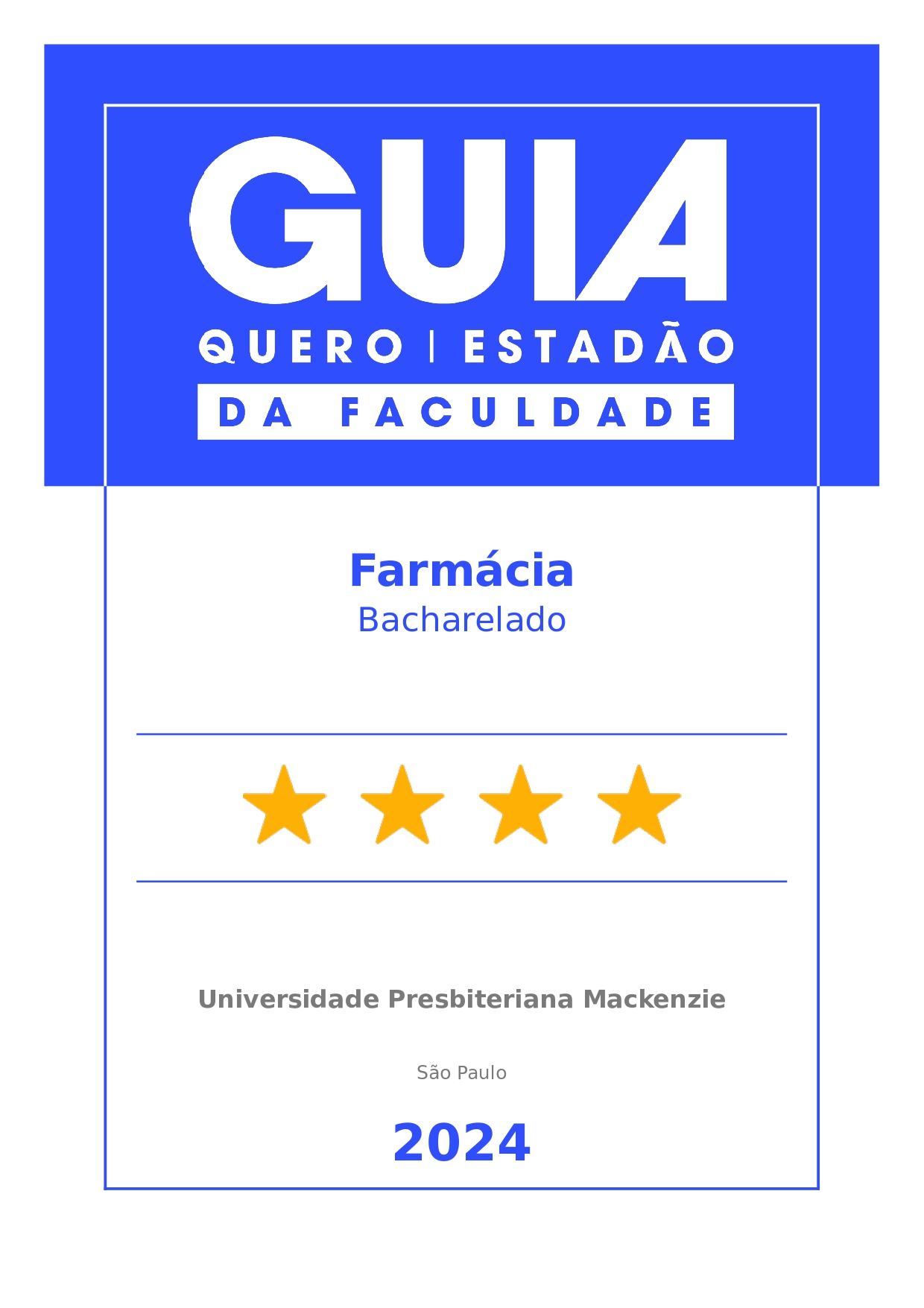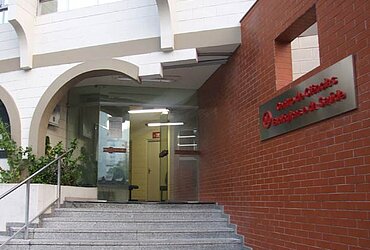The Pharmacy Course is aimed at training professionals in the field of health. From a reference point of health care, the professional develops skills in pharmaceutical care and assistance, aimed at the promotion, protection and recovery of health, through action in the areas of clinical and toxicological analysis, and clinical pharmacy. A focus on technology and innovation in health allows the professional to be directly involved in the proper formulation of medicines, cosmetics, and food, in addition to production, quality control, analysis and inspection of pharmaceuticals, and food technology. Healthcare management enables the professional to act in technical, political and social processes that involve medicine. The pharmacist is equipped to act in all procedures that involve medicines, and at different levels of complexity in the health system.
Specific Laboratories:
Pharmacy School – The school is dedicated to mainstream pharmacology and homeopathic medicine, and offers an internship in homeopathic manipulation.
Clinical Analysis Laboratory - In this laboratory, the collection and analysis of laboratory exams for research and extension projects are carried out. The laboratory is also used for the clinical analysis internship.
Bromatology Laboratory - Research in the area of food, quality control analyses and physico-chemical control of foods are routine in this laboratory, in addition to also being used in undergraduate classes.
Semi-Industrial Laboratory - This laboratory provides the opportunity for specialized training for students, as well as providing a suitable environment, and reference for, the development of products in the analytical area, new medicines and cosmetics.
Job Market
Mackenzie produces generalist pharmacists, trained to work in the fields of medicine, food and clinical analysis. They are able to operate in the production, control and development of new drugs; health care; the appropriate use of medicines; public health supervision of establishments and health products; registration of new products; food analysis and development; and disease prevention and diagnosis through clinical and toxicological analyses.


![Universidade Presbiteriana Mackenzie [Universidade Presbiteriana Mackenzie]](/fileadmin/CONFIGURACOES/DEFAULT_21/Resources/Public/Template/img/logo/universidade_mack_v2.svg)


